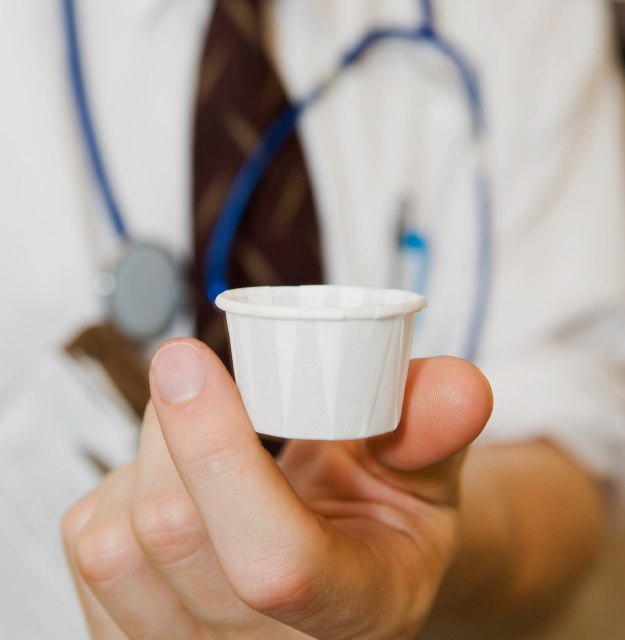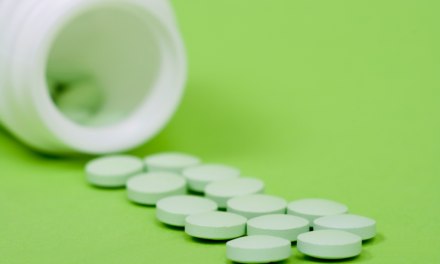Just recently I came across an article about the way things were in addiction treatment back in 1960 and how the field desperately needed to modernize its views on pharmacotherapy and medication-assisted treatment. I was surprised because when I started– in 1972– it seemed to me that our field was pretty much awash in medication.
I worked in a combination detox/rehab unit in a psychiatric hospital, with six or seven attending psychiatrists and a full staff of registered nurses. We used all sorts of medication.
Most alcoholic patients were discharged on Antabuse with a scrip for more. Depression was a common co-diagnosis, usually treated with a tricyclic such as Elavil or Triavil. Many patients arrived in detox already on phenobarbitol or dilantin for a history of seizures that strangely enough seemed confined to periods when they were detoxing. The treatment path for heroin addicts was methadone maintenance or a long-term therapeutic community, provided the patient was willing, which of course many were not. Sedative-hypnotics were everywhere– at the time, benzos such as Librium, Valium, Dalmane– and considered safe because of the low overdose potential compared to barbiturates. Most patients got them during and following hospitalization.
That was contemporary best practice, and our docs could point to research of the time to justify their methods. Still, problems emerged. Some of those heroin addicts we sent to methadone maintenance came back a year or so later with significant alcohol (and later, cocaine) problems. Our ER physicians complained of treating people for accidental OD on antidepressants we had prescribed. A study confirmed that most patients weren’t actually taking their Antabuse regularly enough for it to work. Still other patients returned to us with painful benzodiazepine withdrawal, even when they claimed to have followed prescribed dosages.
Around this time we began hearing from 12 Step sponsors. “He’s worse than he was before,” one complained. “I thought you people were supposed to be helping.” We brought this feedback to our psychiatrists, some of whom rejected it on the grounds that it came from non-physicians. “They’re practicing medicine without a license,” was the complaint. Pissed-off sponsors eventually began advising newcomers to stay away from psychiatrists altogether. Pissed-off psychiatrists began refusing to work with someone who also attended 12 Step meetings.
I guess in my experience the relationship between addicts and medication has always been somewhat rocky. That’s not to justify a prejudice against meds, just to note it’s grounded in experience. Many treatment programs moved away from medication precisely because it wasn’t helping. And they’re skeptical of claims that things have changed.
For me, when someone insists we should be using more medications with people in recovery, my initial response is likely to be: isn’t this is where I came in?














I, too, worked in methadone maintenance in the 70’s and saw the same turn toward other substances including Valium and, of course, alcohol. What we didn’t know then that we do know now is that many, if not most, addicted people started to become dependent on other substances in order to change their consciousness…..to stop feeling inadequate, not pretty or smart enough, and a myriad of other self-esteem issues. Add to this the fact that so many addicts/alcoholics have a co-existing disorder such as debilitating depression or anxiety or happen to fall on what is now known as “The Autism Spectrum Disorder”scale….they didn’t fit in anywhere. It isn’t that addiction treatment or psychiatry has failed as much as we are learning more than we knew in the 70’s . Now, if we could just cooperate and share our knowledge, and work out new approaches, maybe we can make some headway into this baffling phenomenon known as addiction..